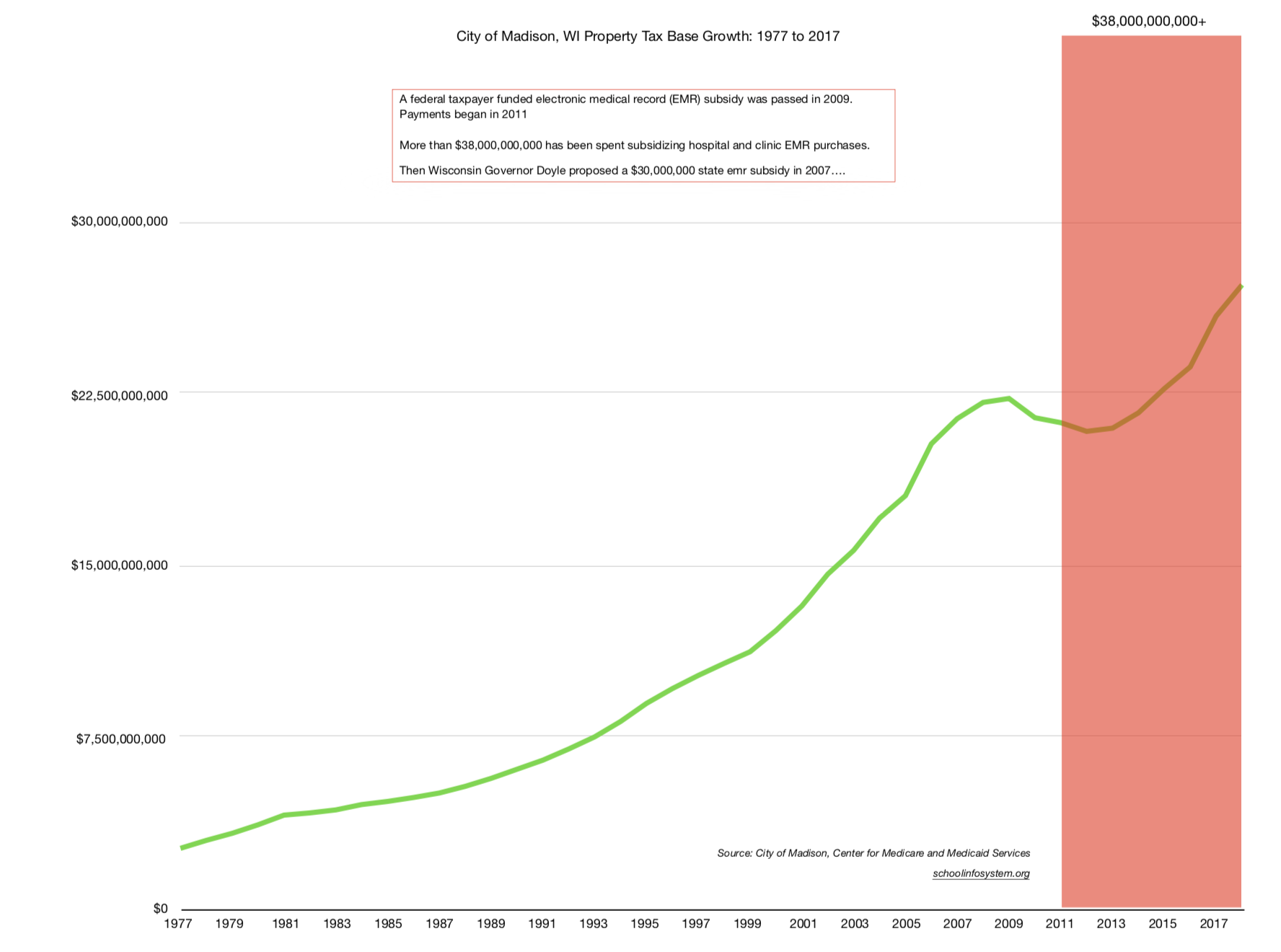Property Tax Explosion Stunts Chicago Real Estate Market
Bryce Hill, research analyst at the independent Illinois Policy think-tank, says that the annual property-tax take in Cook County, which includes Chicago, increased 76 per cent more than median home values between 1996 and 2016.
“Both the city and the state are wrestling with unbalanced budgets, massive amounts of pension debt, and limited solutions,” he says. “As they fight these worsening financial conditions, businesses and homeowners have been saddled with high property taxes that far outpace growth in property values.”
Until last year, homeowners in Chicago could write off property taxes against their taxable income. But President Donald Trump’s 2018 reform establishes a $10,000 cap, leaving many homeowners suddenly forking out huge sums. “It has really put the brakes on sales,” says Nicholas Apostal, a principal broker at Keller Williams in Chicago.
Apostal is listing a fully renovated 19th-century brownstone in Lincoln Park with five bedrooms and four bathrooms. The $1.45m sales tag is far below the pricier markets of New York and San Francisco, but it comes with annual property taxes of just under $22,000 — and no guarantee that they will not increase in years to come.
The Madison School Board is considering another property tax and spending boost. This occurs during a time of substantial federal taxpayer subsidized property base growth.
Madison has long spent more than most taxpayer supported K-12 school districts. Yet we have tolerated disastrous reading results.
Related: A look at property taxes.
Let’s compare: Middleton and Madison property taxes: 2018 and 2016.

